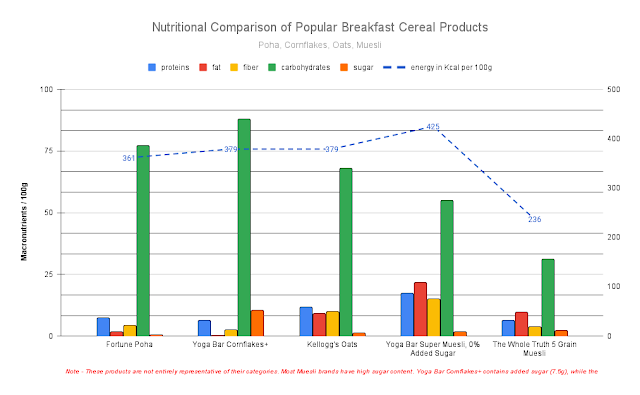How much Protein do we need?
Protein plays a crucial role in our bodies. Composed of long chains of amino acids, it is vital for repairing cells and maintaining muscles.
The Indian Council of Medical Research (ICMR) has updated the recommended daily allowance (RDA) to 0.83 grams per kilogram of body weight for an average person above 19 years of age. Protein contains 4 calories per gram.
For a 70kg individual, 56 grams of protein per day and 46gms for a 58kg woman.
Older adults (above 60) should aim for 1 to 1.2 grams of protein per kilogram of body weight daily to maintain muscle mass.
At least 10% and no more than 35% of your daily calories should come from protein. For a 2,000-calorie diet, that means 200 to 700 calories should be protein.
The body can only absorb and use a limited amount of protein, around 25 to 35 grams, at a time. It's better to spread your protein intake throughout the day in smaller portions instead of consuming a large amount in one meal.
Eggs, dairy, legumes, grains, nuts, seeds, tofu, fish and lean meats are good sources of protein.
If your protein intake exceeds your calorie needs, it gets stored as triglycerides and adipose fat
People with kidney disease should steer clear of high-protein products, as the protein load and chemical content could worsen kidney function.
High-protein diets produce a significant amount of acid in body fluids, prompting the kidneys to excrete more acid. This process leads to excessive calcium loss.
A lot of protein-rich snacks are heavily processed and loaded with sodium, saturated fats, or sugars, which can cancel out their health benefits. Eating these foods regularly has been associated with obesity and heart disease.
Protein snacks typically rely on either animal-based proteins like whey protein isolate or plant-based proteins such as soy protein isolate, pea protein, and peanut protein. Plant protein sources, commonly derived from yellow peas and soybeans, lack Vitamin B12 and contain allergens that may not be suitable for everyone.
Whey protein supplements can include additives like maltodextrin, derived from corn, rice, potato starch, or wheat, which has a high glycemic index and might not be ideal for diabetics.
Go for whole foods that not only offer proteins but also come packed with the right mix of fiber, vitamins, minerals, polyphenols, sterols, and antioxidants to support overall health.




Comments
Post a Comment